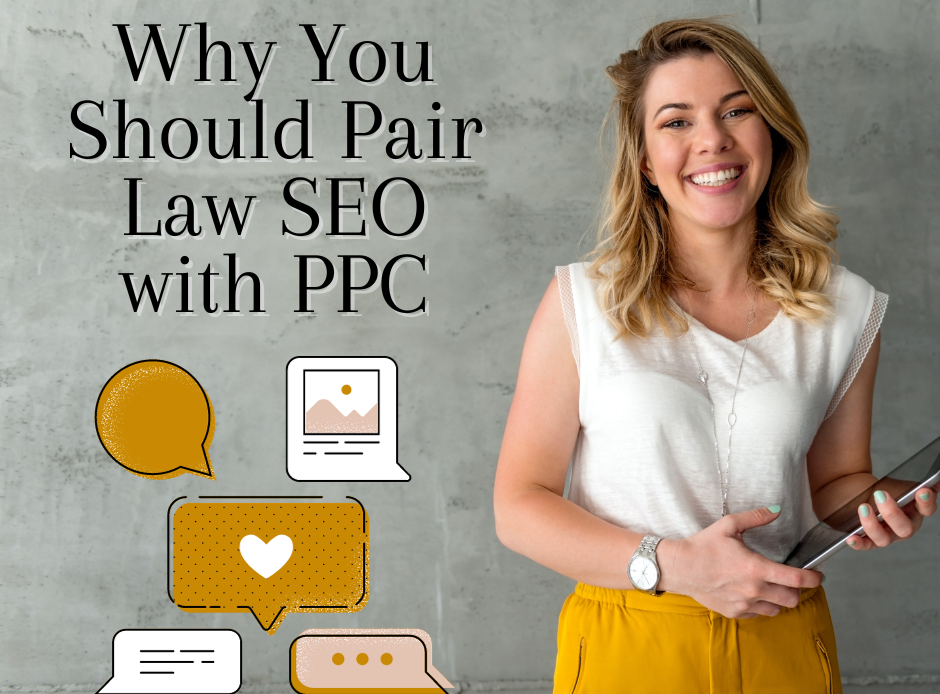Law SEO, or search engine optimization for family law firms, is a crucial aspect of digital marketing that helps them improve their online visibility and attract more potential clients. When combined with pay-per-click (PPC) advertising, family law SEO can yield even more significant benefits for law firms. This article will explore why law SEO goes well with PPC and how this combination can enhance a law firm’s marketing strategy.
A Closer Look
Firstly, law SEO and PPC are complementary strategies that maximize a law firm’s online presence. SEO optimizes a law firm’s website and online content to rank more highly in organic search results. Law firms can improve their organic search rankings and attract organic traffic by targeting relevant keywords, optimizing website structure and content, and building authoritative backlinks.
On the other hand, PPC advertising allows law firms to display targeted ads on search engine result pages (SERPs) and other relevant websites. Unlike SEO, PPC provides immediate visibility and guarantees that a law firm’s ad will be displayed for specific keywords. With PPC, law firms can control their ad placements, target specific geographic locations, and set budget limits.
The Best Relationship
When law SEO and PPC combine, they create a powerful synergy that amplifies a law firm’s online marketing efforts. Here are several reasons why law SEO goes well with PPC:
1. Enhanced Visibility
While law SEO aims to improve organic search rankings, PPC ensures immediate visibility on the SERPs. By combining both strategies, law firms can maximize their exposure and increase their chances of attracting potential clients. Even if a law firm’s organic search ranking is not optimal, PPC ads can help them appear prominently on the search results page.
2. Increased Website Traffic
Family law SEO drives organic traffic to a law firm’s website, while PPC generates instant traffic through ad clicks. By leveraging PPC ads for targeted keywords and combining them with SEO efforts, law firms can attract more traffic to their website. This increased traffic can lead to higher conversions and more potential clients.
3. Keyword Insights
PPC campaigns provide valuable data on the performance of specific keywords. Law firms can analyze the success of their PPC campaigns, identify high-converting keywords, and incorporate them into their law SEO strategy. This data-driven approach allows law firms to refine their SEO efforts and optimize their content for proven, effective keywords.
4. Competitive Advantage
Combining law SEO with PPC can give law firms a competitive edge. Law firms can dominate the search results page by appearing in organic search results and as PPC ads. The increased visibility can help law firms stand out from their competitors and attract potential clients actively searching for legal services.
5. Better Targeting
PPC advertising allows law firms to target specific geographic locations, demographics, and even the time of day when their ads are displayed. By combining PPC with law SEO, law firms can ensure that their marketing efforts reach their intended audience precisely. This targeted approach can result in higher-quality leads and improved conversion rates.
Conclusion
In conclusion, law SEO and PPC are highly compatible strategies that, when combined, can significantly enhance a law firm’s online marketing efforts. By leveraging the benefits of both strategies, law firms can increase their visibility, attract more website traffic, gain valuable keyword insights, gain a competitive advantage, and precisely target their ideal audience. Law firms that integrate law SEO and PPC into their marketing strategy will likely see significant improvements in their online presence and overall business success.


